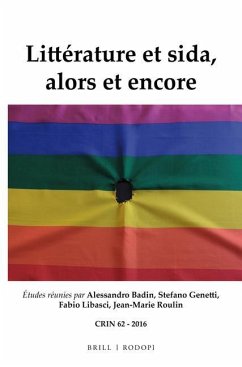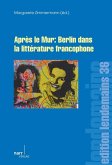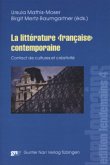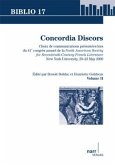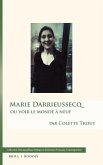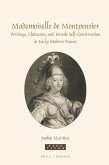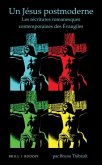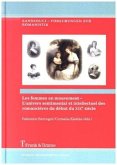Trois décennies après l'émergence du VIH, à l'ère du " post-sida ", deux générations de chercheurs dressent le bilan des représentations qu'en a données la littérature française. Depuis les premiers pseudo-témoignages jusqu'à l'historicisation du sida, à l'intériorisation du deuil et à l'insurrection contre la sérophobie, autour de l'oeuvre de Guibert et d'autres écrivains (Hocquenghem, Lagarce, Dustan), se dispose toute une constellation de récits alliant autobiographie et fiction. La pluralité d'approches (études littéraires, de genre et culturelles) interroge l'actualité d'un phénomène et de ses multiples implications, aussi bien intimes que politiques, esthétiques que morales. Le VIH/sida s'avère un opérateur herméneutique pour explorer le corps et la maladie, le désir et la mort, pour rompre le silence et repenser l'identité.
In the 'post-AIDS era', three decades after the emergence of HIV, two generations of researchers take stock of its representations in French literature. A whole constellation of narratives combining autobiography and fiction has formed around the works of Guibert and other authors (Hocquenhem, Lagarce, Dustan), from the initial pseudo-testimonials to texts historicising AIDS, internalising grief, or protesting against AIDS/HIV discrimination. Calling on a variety of approaches (literary studies, gender studies, and cultural studies), this volume questions the current relevance of this phenomenon and its multiple personal, political, aesthetic, and ethical implications. HIV/AIDS proves of hermeneutic value in exploring issues relating to the body and illness, to desire and death, and to breaking silence and rethinking identity.
Hinweis: Dieser Artikel kann nur an eine deutsche Lieferadresse ausgeliefert werden.
In the 'post-AIDS era', three decades after the emergence of HIV, two generations of researchers take stock of its representations in French literature. A whole constellation of narratives combining autobiography and fiction has formed around the works of Guibert and other authors (Hocquenhem, Lagarce, Dustan), from the initial pseudo-testimonials to texts historicising AIDS, internalising grief, or protesting against AIDS/HIV discrimination. Calling on a variety of approaches (literary studies, gender studies, and cultural studies), this volume questions the current relevance of this phenomenon and its multiple personal, political, aesthetic, and ethical implications. HIV/AIDS proves of hermeneutic value in exploring issues relating to the body and illness, to desire and death, and to breaking silence and rethinking identity.
Hinweis: Dieser Artikel kann nur an eine deutsche Lieferadresse ausgeliefert werden.

